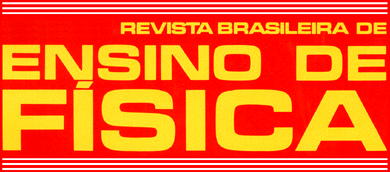University Physics teaching reaches a wide range of careers, being traditionally dichotomic. In short, careers in the technical-scientific group receive an uniform Calculus-based 4-semester teaching while the ones in the biomedical and technical-human interface areas have with 1- or 2-semester career-diversified courses. Several factors, here analyzed, modify this picture, in particular the growth of areas such as Genetics, Ecology, Pharmacy and Computing, outside the more traditional technical-scientific group and the centrifugal drive of this group, with careers opting to leave the uniform teaching. Among the causes invoked for this migration from the unified course, frequently raised by the students' schools and by the Physics schools, one has the distinct requirements of the several professional options and the heterogeneity of the Physics previous knowledge of the students. The study of the grades obtained in the Physics admission exam for UFRJ in the 1994- 1997 period shows that the heterogeneity is very large, when considering all careers, but is shallow when focusing only on the Enginnering options. Thereby both emphasis for the shortcomings of these Physics courses provide very incomplete answers and this study suggests that more basic causes are at work: previous formation of the students, the univerity curricula (amount of lecture hours and course contents) and the entrance selection process are inadequate. In a second part of this work we present in detail three didatical experiments in UFRJ for ''non-technical-scientific" areas: Biology, Industrial Design and Pharmacy. In short, these courses have strong phenomenological and qualitative contents and widely use physical examples of interest for each area. This generally requires both a Modern Physics percentage larger than the one for the thechnical-scientific course and a frequent updating of these examples using Internet. These experiments, besides their intrinsic value, give elements for rethinking our teaching of basic University Physics.




